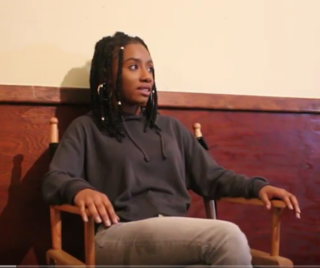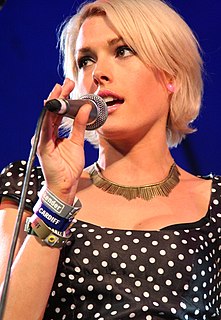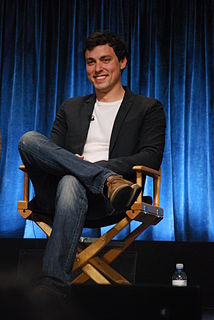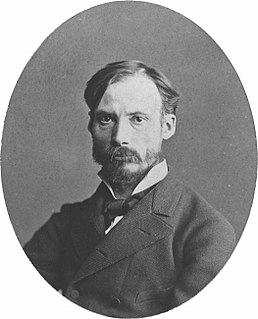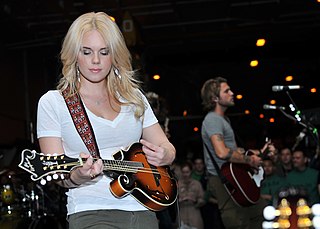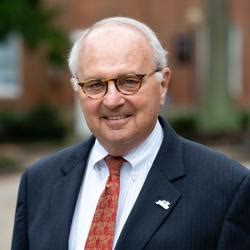A Quote by Kate Fleetwood
Related Quotes
I think, about the distinction between fiction and nonfiction. Fiction is not really about anything: it is what it is. But nonfiction - and you see this particularly with something like the BBC Samuel Johnson Prize for Non-Fiction - nonfiction we define in relation to what it's about. So, Stalingrad by Antony Beevor. It's "about" Stalingrad. Or, here's a book by Claire Tomalin: it's "about" Charles Dickens.
Another thing that makes the process different is we go in there and are completely immersed in [that] world for however many weeks and then we would leave and they would be animating for however many weeks and we wouldn't have anything to do with it. Then we would come back and see all this work that they had done. So it just took a lot more time than it would on anything else.
How baffling it was that even the most cunning and clever people would frequently see only what they wanted to see, and would rarely look beyond the thinnest of facades. Or they would ignore reality, dismissing it as the facade. And then, when their whole world fell to pieces...they would tear their topknots or rend their clothes and bewail their karma, blaming gods or kami or luck or their lords or husbands or vassals-anything or anyone-but never themselves.
In the communist revolution in North Korea, when they threw out the Japanese occupiers, they claimed the power in the dynamic of this volcano for their revolution, saying that this is at the center of the dynamics of our revolution. Everything that you encounter - you don't have, for example, any advertisements, you don't have anything like that anywhere in the country - if you see anything it would be propaganda, and propaganda always inevitably comes back to the volcano. It's always including the volcano. You see the new leader and standing behind him you see the volcano.



